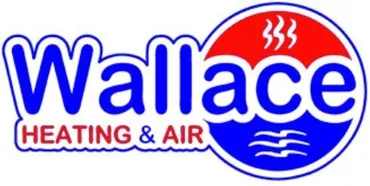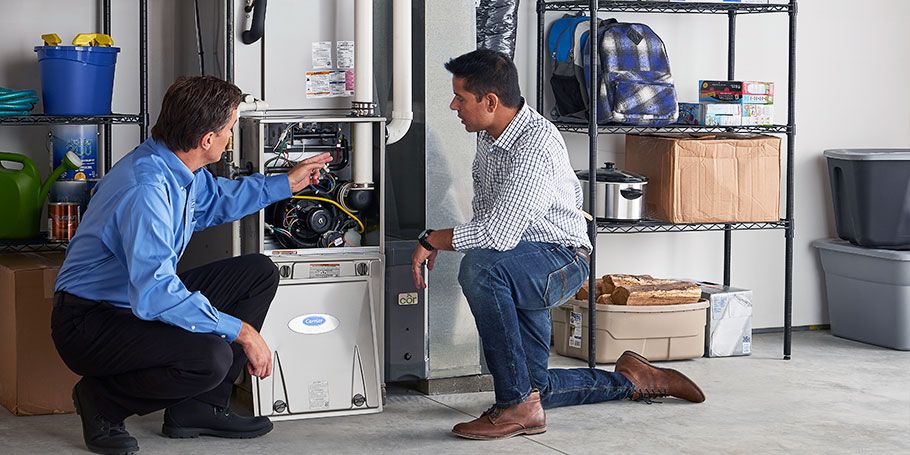As a homeowner, it’s essential to understand the basics of your HVAC system to ensure its proper functioning. Regular maintenance and troubleshooting can help you identify and address small issues before they become significant problems. In this blog post, we’ll provide you with five HVAC troubleshooting tips that every homeowner should know to keep their HVAC system running smoothly.
Check the Air Filter
A clogged or dirty air filter can significantly impact your HVAC system’s performance, leading to decreased efficiency and increased energy bills. Make sure to check your air filter regularly and replace it every 1-3 months or as recommended by your manufacturer. A dirty air filter can also cause your system to overheat, leading to costly repairs.
Check the Thermostat
If you notice that your HVAC system is not functioning correctly, the first thing to check is the thermostat. Ensure that the thermostat is set to the correct temperature and the fan is set to “auto” mode. If you have a programmable thermostat, ensure that the settings are programmed correctly.
Check the Circuit Breaker
If your HVAC system is not turning on, check the circuit breaker. Ensure that the circuit breaker is on and has not tripped. If the circuit breaker has tripped, reset it and wait for the system to start up again. If the circuit breaker trips repeatedly, it may be a sign of an electrical issue, and you should call a professional HVAC technician.
Clean the Condenser Unit
The condenser unit is located outside your home and is responsible for releasing heat from your HVAC system. Over time, dirt, debris, and leaves can accumulate in the condenser unit, reducing its efficiency. Regularly clean the condenser unit with a garden hose to ensure proper airflow and efficient functioning.
Check the Air Ducts
Leaky air ducts can significantly impact your HVAC system’s efficiency, leading to increased energy bills and decreased performance. Inspect your air ducts regularly and seal any leaks or gaps with duct sealant. If you notice significant damage or deterioration in your air ducts, it may be time to call a professional for repairs or replacement.
In conclusion, taking the time to perform regular maintenance and troubleshoot small issues with your HVAC system can save you time, money, and frustration in the long run. By following these five HVAC troubleshooting tips, you can ensure that your HVAC system runs smoothly and efficiently for years to come. If you encounter any issues that you’re unsure how to address, don’t hesitate to contact a professional HVAC technician for assistance.

